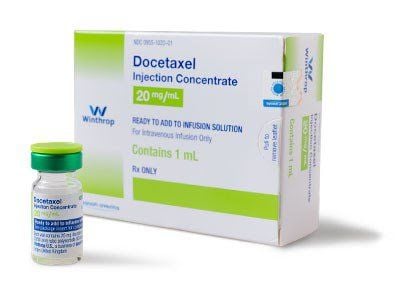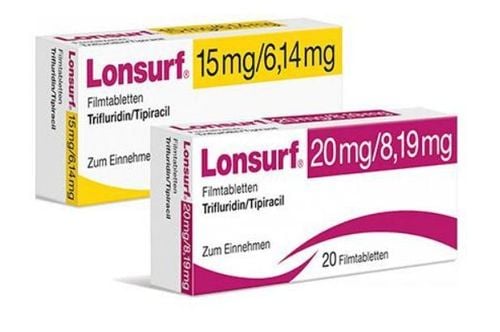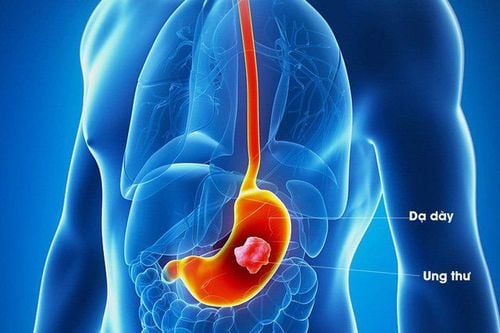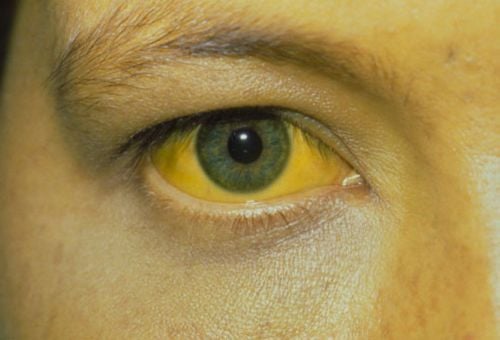This is an automatically translated article.
Article written by Master, Doctor Ha Thi Thu Hien - Pathologist - Laboratory Department - Vinmec Times City International Hospital
Stomach cancer is a common disease today, it is formed by many factors that interact to increase the risk of cancer. So what is the cause of this disease?
1. Stomach cancer risk factors
Like all forms of disease, stomach cancer is complex. It can be formed by many factors that interact to increase the risk of stomach cancer. To learn more about these factors, refer to the article below.
MORE: Risk factors for stomach cancer
2. What causes stomach cancer?
There are many known risk factors for stomach cancer, but it's often not clear exactly how these factors can affect how cells in the stomach become cancerous. letters.
Precancerous changes in the stomach
Some changes that are thought to be precancerous can occur in the lining of the stomach. As atrophic gastritis is the normal glandular cells of the stomach or less or none. Atrophic gastritis is usually caused by infection with the bacteria H pylori. It can also be caused by an autoimmune reaction, in which the person's immune system attacks the cells lining the stomach. With this condition some people go on to develop dangerous anemia or other stomach problems, including cancer.
Another possible precancerous change is intestinal metaplasia. The normal cells of the stomach lining are replaced by cells that look like normal cells of the intestinal lining. People with this condition also often have chronic atrophic gastritis. This may also be related to infection with the bacteria H pylori.
Both atrophic gastritis and intestinal metaplasia can lead to too few glandular cells, which normally secrete substances that help protect cells in the lining of the stomach. Damage to the DNA inside these cells can sometimes lead to dysplasia, in which the cells become larger and look very abnormal (like cancer cells). In some cases, dysplasia can then progress to stomach cancer.
Genetic modification (DNA) in stomach cancer cells
Recent research has provided evidence of how some types of stomach cancer work. For example, H pylori bacteria, especially some subtypes, can convert substances in some foods into chemicals that cause mutations in the DNA of cells in the stomach lining. This may help explain why certain foods, such as cured meats, increase some people's risk of stomach cancer. On the other hand, some foods that may reduce the risk of stomach cancer, such as fruits and vegetables, contain antioxidants (such as vitamins A and C) that can prevent substances from damaging your DNA. cell.
Stomach cancer, like other cancers, is caused by changes in the DNA inside cells. DNA is the chemical that carries our genes, they control how our cells work. We look like our parents because they are the source of our DNA. But DNA influences more than how we look.
Certain genes control when cells grow, divide into new cells, and die: Genes that normally help cells grow, divide, and survive can sometimes mutate into cancer. Genes that help keep cell division under control, correct mistakes in DNA, or cause cell death are called tumor suppressor genes.
Cancer can be caused by DNA changes that turn oncogenic cells on and off tumor suppressor genes.
Inherited and acquired genetic mutations
Inherited mutations in some genes can increase a person's risk of stomach cancer. But these are thought to cause only very small rates of stomach cancer.
Most of the gene changes that lead to stomach cancer happen after birth. Some of these acquired mutations may be caused by risk factors such as infection with the H pylori bacteria or tobacco use. But other gene changes may just be random changes that sometimes happen inside the cell, not from outside.

3. Can stomach cancer be prevented?
There is no surefire way to prevent stomach cancer, but there are things you can do to reduce your cancer risk.
Diet, nutrition, body weight, physical activity, and alcohol use
Being overweight or obese increases the risk of some types of stomach cancer, so it's a good idea to keep and maintain a healthy weight reasonable can reduce the risk of disease.
Regular physical activity
Exercise in addition to its possible effects on stomach cancer risk, maintaining a healthy weight and being active in sports can also reduce the risk of some cancer and other health problems.
A diet that includes plenty of fresh fruits and vegetables can also reduce the risk of stomach cancer. Citrus fruits (such as oranges, lemons, and grapefruits) can be especially helpful, but be aware that grapefruit and grapefruit juice can change blood levels of certain drugs
American Cancer Society recommends that people follow a healthy diet, which includes a variety of colorful fruits, vegetables and whole grains, avoid or limit red and processed meats, sugary drinks, and processed foods.
Alcohol use can increase your risk of stomach cancer, so avoiding or limiting alcohol can lower your risk.
Studies that have looked at other dietary factors, such as taking supplements or drinking tea (especially green tea), have not been conclusively linked to a reduced risk of stomach cancer. Further research is needed in these areas.
Don't smoke
Smoking can increase the risk of cancer of the stomach (the part closest to the esophagus). Tobacco use also increases the risk of many other types of cancer. If you don't use tobacco, don't start. If you are a smoker, stop smoking.
Treatment of H pylori infection
Some studies have suggested that antibiotics given to people with H pylori infection may reduce the number of precancerous lesions in the stomach and reduce the risk of developing stomach cancer thick. But not all studies have found this to be the case.
Although it is still unclear whether all people with H pylori infection should be treated, some studies have shown that treatment for H pylori infection may be helpful in people with risk factors for cancer. Stomach cancer is high for other reasons, such as having a close relative with stomach cancer. More research is needed to be sure that treating other groups of people with H pylori infection can reduce the risk of stomach cancer.
If your doctor thinks you may have an H pylori infection, there are several ways to check for this, including breath tests, blood tests, stool tests and endoscopy and biopsies
Use aspirin
Using aspirin or other nonsteroidal anti-inflammatory drugs (NSAIDs) such as ibuprofen or naproxen seems to reduce the risk of stomach cancer. These drugs can also reduce the risk of developing colon polyps and colon cancer. But they can also cause serious (and even life-threatening) internal bleeding and other potential health risks in some people.
Most doctors consider any factor that reduces cancer risk as an added benefit for people taking these drugs for other reasons, such as to treat arthritis. But doctors do not recommend taking NSAIDs specifically to prevent stomach cancer. Studies have not determined that the benefit for people using this drug is a lower risk of cancer or a greater risk of bleeding complications.
For people at high risk for cancer
Hereditary diffuse gastric cancer (HDGC) is a rare genetic disease in which these people are at increased risk for stomach cancer. very tall, usually developing at a relatively young age. This rare syndrome is caused by an inherited mutation in the CDH1 gene.
It is important to recognize people and families with this inherited syndrome, as most people who do get stomach cancer. Families with this syndrome usually have two or more close relatives with stomach cancer (usually diffuse type) or at least one person diagnosed with stomach cancer before age 50. Some family members also have stomach cancer. may have invasive lobular breast cancer.
Doctors often refer people who may have this syndrome to a genetics specialist for testing. If testing is done and shows a person has a mutation in the CDH1 gene, doctors usually recommend considering gastrectomy (usually between the ages of 20 and 30) before cancer develops. However, this surgery can lead to lasting changes in eating habits.
Some other people with Lynch syndrome, familial adenomatous polyposis, Li-Fraumeni syndrome, and Peutz-Jeghers syndrome are also at increased risk for stomach cancer. However, the risk of stomach cancer with these syndromes is not nearly as high as with HDGC, so gastrectomy is not recommended for people with these syndromes. However, the doctor may recommend regular tests to detect stomach cancer early in these people.
Stomach cancer is usually treated with one or more methods, based on test results and the patient's overall health. At Vinmec, gastric cancer screening is done through gastric endoscopy with NBI (Narrow Banding Imaging - endoscope with narrow light frequency band) which results in clearer mucosal pathological analysis images compared to those of Vinmec. with conventional endoscopy.
Besides, with the system of Laboratory Department - Vinmec Times City International General Hospital is a synchronous testing center with a full range of fields: Biochemistry, Hematology - Blood Transfusion, Microbiology - Parasites and Pathology and 3 majors: Biochemistry, Hematology - Blood Transfusion, Microbiology - Parasitology all achieved ISO 15189:2012 certificates. Vinmec Institute of Stem Cell and Gene Technology also screened 15 common cancers in Men and 17 common cancers in Women with only one gene test.
If you need more advice and examination at Vinmec Health System Hospitals nationwide, please book an appointment on the website for service.
Please dial HOTLINE for more information or register for an appointment HERE. Download MyVinmec app to make appointments faster and to manage your bookings easily.














